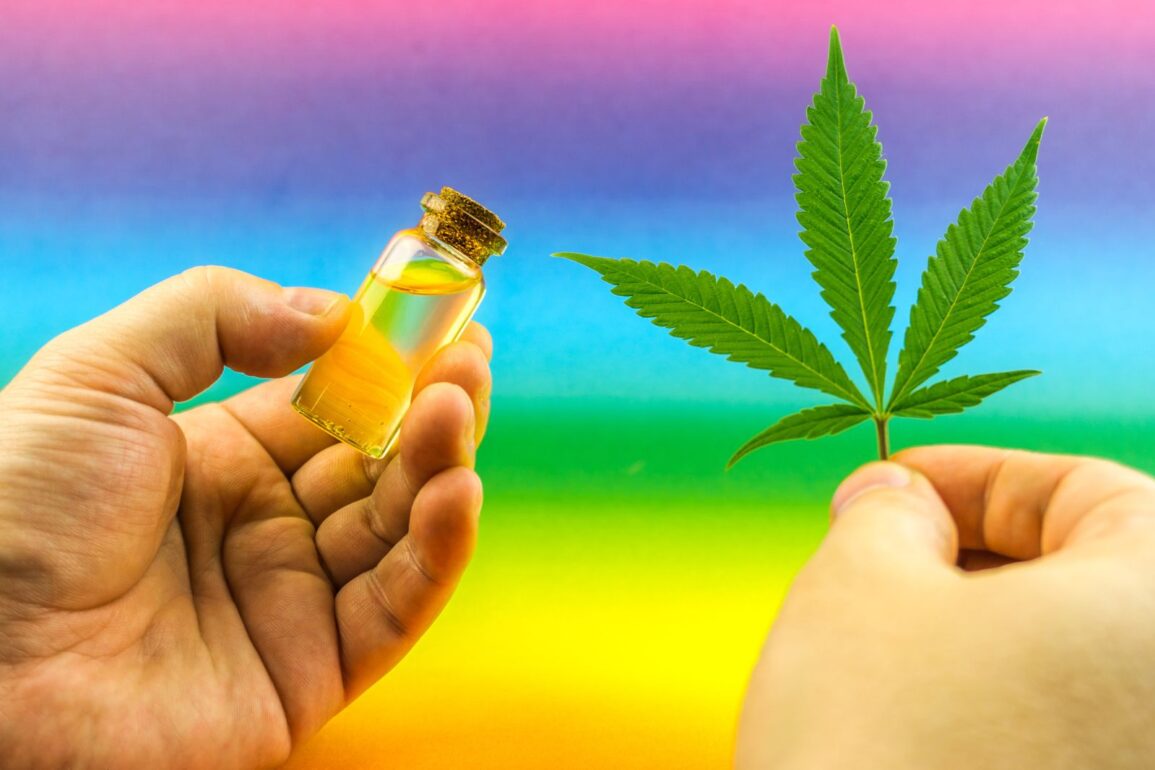Cannabinoids are compounds in the cannabis plant responsible for its therapeutic and psychoactive effects. Among the numerous cannabinoids, Delta 8, Delta 9, and Delta 10 have been gaining attention for their unique properties. This blog post will explore what is the differences between delta 8,9 and 10, providing a comprehensive understanding of each.
Table of Contents:
- What’s the Short Answer?
- Potential Benefits and Uses of Delta 8, Delta 9, and Delta 10
- Risks Associated with Delta 10 THC
- Overall Safety Considerations
- The legality of Delta 10 THC
What’s the Short Answer?
Delta 8, Delta 9, and Delta 10 are all THC (tetrahydrocannabinol) analogs, meaning they share similar chemical structures but have slight variations, leading to distinct effects. Delta 9 THC is the well-known psychoactive compound that induces the “high” associated with cannabis use. Delta 8 THC is a milder analog, offering a more subtle high, while Delta 10 THC is a lesser-known cannabinoid with its own set of effects.
Delta 8, Explained Delta 8 THC is an analog of Delta 9 THC, sharing similarities in their molecular structures. However, Delta 8 THC is less potent and induces a milder psychoactive experience. Users often report feeling a clear-headed and focused high, making it a preferable option for those seeking a more manageable THC experience. Moreover, Delta 8 THC has shown potential in relieving anxiety and promoting appetite stimulation, making it popular among medicinal users.
Delta 9, Explained Delta 9 THC is the primary psychoactive compound found in cannabis and is responsible for the intoxicating effects often associated with marijuana use. When consumed, Delta 9 THC binds to the CB1 receptors in the brain and central nervous system, producing euphoric sensations commonly called “high.” However, Delta 9 THC can also lead to increased heart rate, anxiety, and memory impairment, making responsible usage essential.
Delta 10, Explained Delta 10 THC is a relatively lesser-known cannabinoid than Delta 8 and Delta 9. It shares similarities in its chemical structure with both of its counterparts. While research on Delta 10 THC is limited, users report experiencing a more uplifting and energizing high than Delta 9 THC. However, like all cannabinoids, individual experiences may vary, and further research is needed to understand its effects fully.
Potential Benefits and Uses of Delta 8, Delta 9, and Delta 10
Delta 8, Delta 9, and Delta 10 THC each offer their unique potential benefits and uses. Delta 8 THC relieves anxiety, alleviates nausea, and stimulates appetite. Delta 9 THC is commonly used for its pain-relieving properties, anti-nausea effects, and appetite stimulation. Delta 10 THC, while less studied, shows promise in providing an uplifting and euphoric experience.
Legality and Regulations
The legal status of Delta 8, Delta 9, and Delta 10 THC can vary depending on your location. Delta 9 THC remains federally illegal in many countries, including the United States, although some states have legalized it for medical or recreational use. Delta 8 THC’s legality is an ongoing debate, with some conditions permitting its use while others have imposed restrictions. Delta 10 THC’s legality may also vary depending on the jurisdiction.
Delta 10 THC: Side Effects, Risks, and Overall Safety
As interest in cannabinoids expands, Delta 10 THC has emerged as a subject of curiosity. This lesser-known cannabinoid shares similarities with its counterparts, Delta 8 and Delta 9 THC, but what about its safety profile? In this blog post, we will explore the potential side effects, risks, and overall safety of Delta 10 THC.
Side Effects of Delta 10 THC
As with any substance, Delta 10 THC can produce side effects, although generally considered milder than Delta 9 THC. Some common side effects of Delta 10 THC use may include
- Dry Mouth: Also known as cottonmouth. This is a typical side effect of many cannabinoids, including Delta 10 THC. Staying well-hydrated can help alleviate this discomfort.
- Red Eyes: Delta 10 THC may cause blood vessels in the eyes to dilate, leading to redness and irritation.
- Increased Heart Rate: In some individuals, Delta 10 THC can cause a temporary increase in heart rate, which may concern those with heart conditions.
- Dizziness or Lightheadedness: Some users may experience dizziness or feelings of lightheadedness, especially when using higher doses.
- Anxiety or Paranoia: While Delta 10 THC is generally considered to produce a milder high, some users may still experience heightened anxiety or paranoia.
Risks Associated with Delta 10 THC
One of the primary risks associated with Delta 10 THC is the lack of research and limited understanding of its long-term effects. As a relatively new cannabinoid, there is a scarcity of comprehensive scientific studies on its safety and efficacy are scarce. Consequently, it is essential to exercise caution and moderation when using Delta 10 THC.
Moreover, like other THC compounds, Delta 10 THC can impair cognitive and motor functions, which may increase the risk of accidents or injuries, especially when driving or operating heavy machinery.
Overall Safety Considerations
The overall safety of Delta 10 THC largely depends on responsible use and individual factors. Suppose you are considering using Delta 10 THC or any cannabinoid. In that case, consulting with a healthcare professional is crucial, especially if you have pre-existing medical conditions or are taking medications. Additionally, pregnant and breastfeeding individuals should avoid using Delta 10 THC and other cannabinoids due to potential risks to the developing fetus or infant.
The legality of Delta 10 THC
The legal status of Delta 10 THC can vary from one jurisdiction to another. It falls under the same regulations as Delta 9 THC in some regions, and its legality remains unclear. Other areas may permit using Delta 10 THC in specific formulations or for research purposes. Before considering its use, you must familiarize yourself with the laws and regulations regarding Delta 10 THC in your country or state.
While Delta 10 THC has shown promise and sparked curiosity in the cannabis community, it is crucial to approach its use with caution and mindfulness. As a lesser-known cannabinoid, its long-term effects and safety profile are not yet fully understood. If you want to explore Delta 10 THC, ensure you source products from reputable brands that conduct third-party testing for quality and purity.
Disclaimer – The contents of this article are provided solely for informational purposes and should not be considered medical advice. It is important to note that the information presented here is not meant to diagnose, treat, cure, or prevent any disease. Prior to embarking on any new health-related regimen, Always consult your healthcare provider before trying new supplements or treatments. Keeping you safe and well is our top priority. Additionally, it’s important to note that the FDA has not endorsed any claims regarding the health benefits of cannabis. Delta8Hub makes no guarantees or warranties regarding the accuracy, completeness, or usefulness of any messages contained here in

